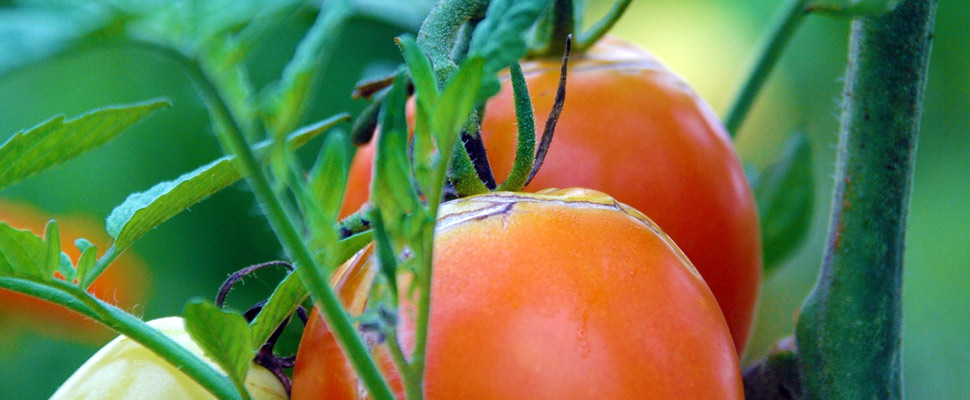The following blog is written by Jon Millner, the spring 2014 communications intern in the University Sustainability Office.
Have you ever gone to your local grocery store in the winter and seen a basket of large, red strawberries? Wait, it’s not strawberry season.
That’s right, and that’s a great example of being able to buy produce out of season. Eating in season means adjusting your fruit and vegetable intake based on what is currently being grown. And turns out it has a lot of benefits.
Why Eat in Season?
While it’s convenient to be able to buy strawberries year-round, buying out of season has some drawbacks. You’ll pay premium for these often imported products that have likely traveled from another continent to get to your supermarket. All that travel means the produce needs a longer shelf life, which leads many producers to rely on using waxes, chemicals and preservatives to keep food looking great. But most importantly, when you buy food out of season, you are giving up the benefits of seasonal food that is fresh and more nutritious.
Seasonal foods are picked at the peak of ripeness and offer higher nutritional content than out-of-season foods. Plus, eating seasonal food allows you to diversify your intake of minerals, enzymes, antioxidants and vitamins. That way you’re not eating the same thing year-round.
But what you’ll probably notice the most is how much cheaper it is to eat produce in season. Because in-season foods are more abundant, you often buy them for less. It’s the basic principle of supply and demand in action.
How to Eat in Season
Want to know what food is in season and when? Here’s a helpful chart about NC produce as well as other produce. Or here’s a quick summary:
Spring: Spinach, Asparagus, Romaine Lettuce, Parsley, Basil
Summer: Strawberries, Peaches, Melons, Tomatoes, Corn, Squash, Broccoli
Fall: Carrots, Sweet Potatoes, Apples, Onions, Garlic, Ginger, Parsnips
Winter: Peas, Potatoes, Onions, Navel Oranges, Garlic, Kale, Pak Choi
